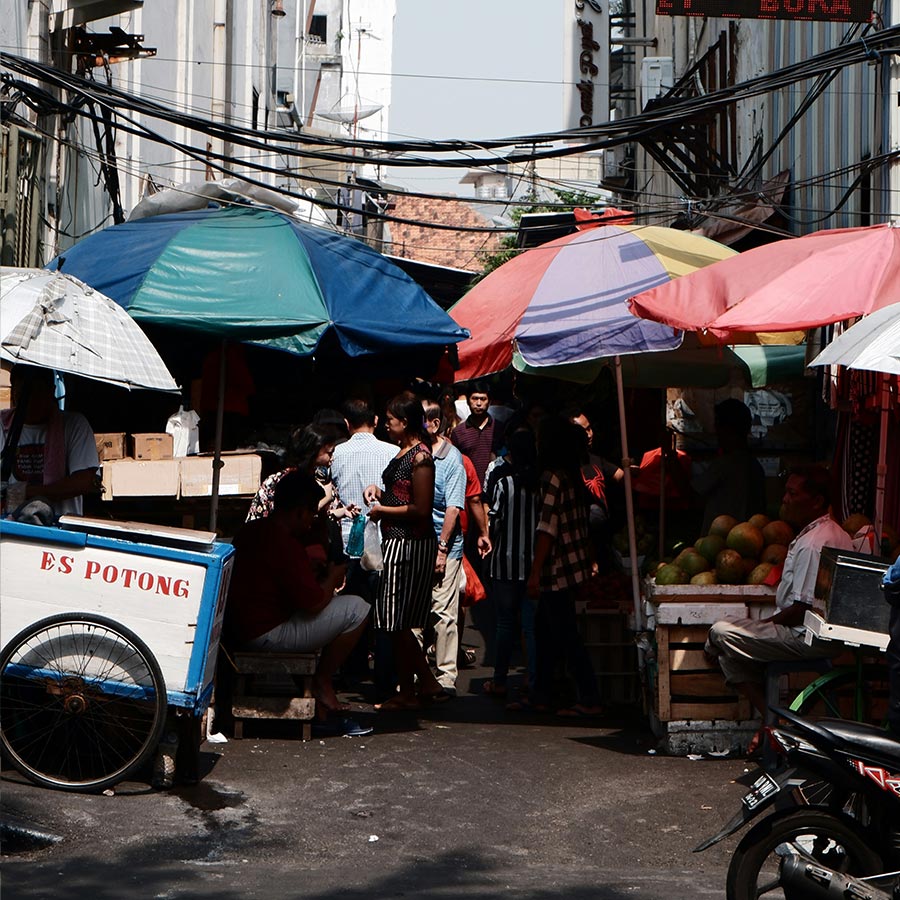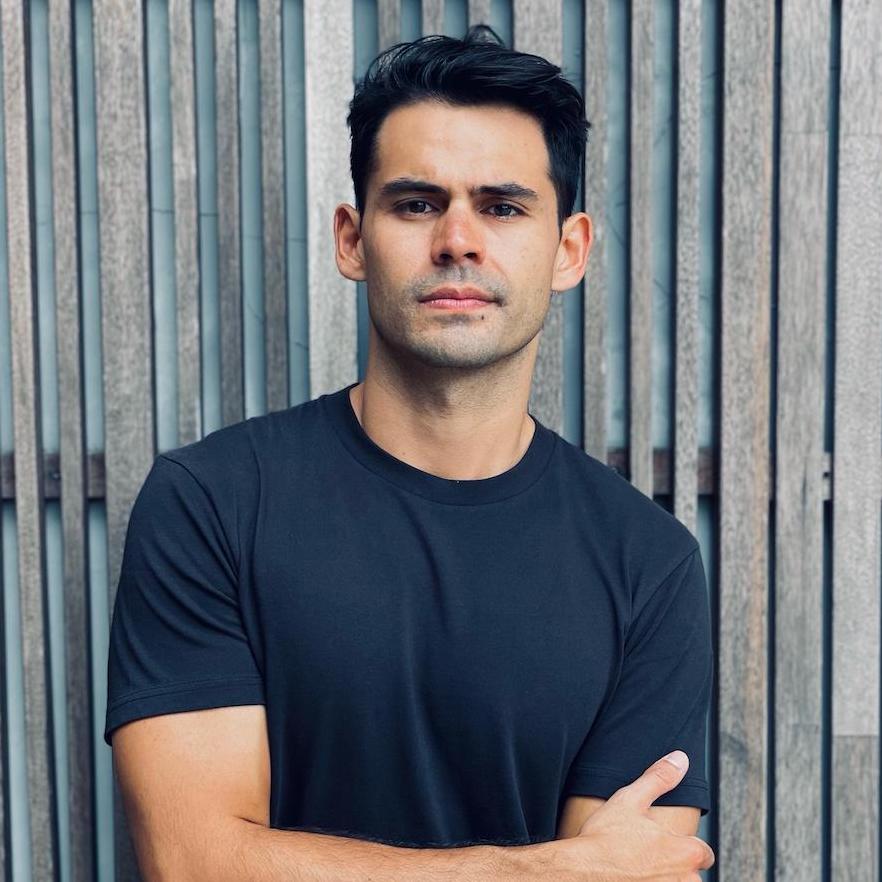
As Jakarta approaches its 2024 gubernatorial election, the stakes have never been higher. The city, soon to be stripped of its title as the capital of Indonesia, will transition into a financial powerhouse, shaping the future of its nearly 11 million residents (not including Greater Jakarta). Yet, instead of focusing on what the city truly needs—pragmatic, functional leadership—the election has become entangled in the national political theatre, driven by the ambitions of those in power. This is a mistake Jakarta cannot afford.
Benjamin Barber’s insightful book, If Mayors Ruled the World, argues that cities are the engines of global progress because they are not beholden to the ideological battles that often paralyse national governments. “Mayors have to fix things,” Barber writes. “They have to pick up the garbage, clean the streets, run the schools, make sure the police are on the beat, the buses run, and the water flows.” In other words, mayors—and by extension, governors of city-states like Jakarta—are judged not by their rhetoric but by their ability to solve problems.
Jakarta, soon to become a Daerah Istimewa (Special Region), is a rare administrative case. Whilst Indonesian Governors must manage whole regions —North Sumatra, Bali, West Java, etc.— Jakarta’s unique status distinguishes it from other provinces in Indonesia. Its governance is defined more by urban challenges—traffic congestion, flooding, pollution, and infrastructure development.

As such, the Governor of Jakarta can be seen as a ‘super-mayor’, for a lack of a better term, backed up by regional mayors who run the day-to-day of municipalities (Central, North, East, South, West). The Governor’s role includes* macro-level planning regarding: Provincial Governance, Urban Planning and Development, Public Services and Utilities, Security and Order, Disaster Management, Economic Development and Representation.
These are issues that demand a leader who prioritises practicality over politics. Yet, in the current political landscape, Jakarta’s future is being steered by national-level power struggles, as we are seeing today. This is where Barber’s argument becomes even more relevant, stating that cities should not be subject to politics, because they require functionality.
“Cities are not ideological; they are operational. And they are far more connected to their citizens and their daily lives than any other level of government.”




Barber emphasises that cities are inherently pragmatic: “In cities, it’s not about right or left; it’s about right or wrong. Mayors are pragmatists, focused on getting things done, not on winning ideological battles.” Jakarta’s next governor must embody this spirit of pragmatism, focusing on solving the real issues facing the city rather than being a pawn in a larger political game.
Furthermore, Barber points out that cities operate on a global stage, addressing challenges like climate change, economic inequality, and urban development that transcend national borders. Jakarta, as a financial hub, will increasingly find itself engaged in global issues, requiring leadership that can navigate these complexities with a clear, functional vision. This vision cannot be clouded by the pursuit of political power or legacy.
Politics is moving to Ibu Kota Nusantara, for better or for worse. But this is an opportunity for Jakarta to lift the cloud of national bureaucracy and focus on becoming a functional, interesting, liveable city.

As Jakarta prepares to elect its next governor, the city’s residents must demand a leader who understands that their role is not to further national political agendas but to ensure the city runs efficiently and effectively. Jakarta’s future depends on it. Someone who, like the mayors Barber admires in his book, can deliver solutions that improve the lives of everyday citizens.
In the end, the true measure of Jakarta’s next governor will not be in their political alliances or their ability to navigate the corridors of national power. It will be in whether they can keep the buses running, the streets clean, and the water flowing for the people of Jakarta. That is the leadership Jakarta deserves — whether we’ll get it, is another story entirely.
If you’re keen to explore this idea further, we suggest listening to an episode of Freakonomics Radio that discusses Jonathan Barber’s ‘If Mayors Ruled the World’, or indeed read the book for more insight.






